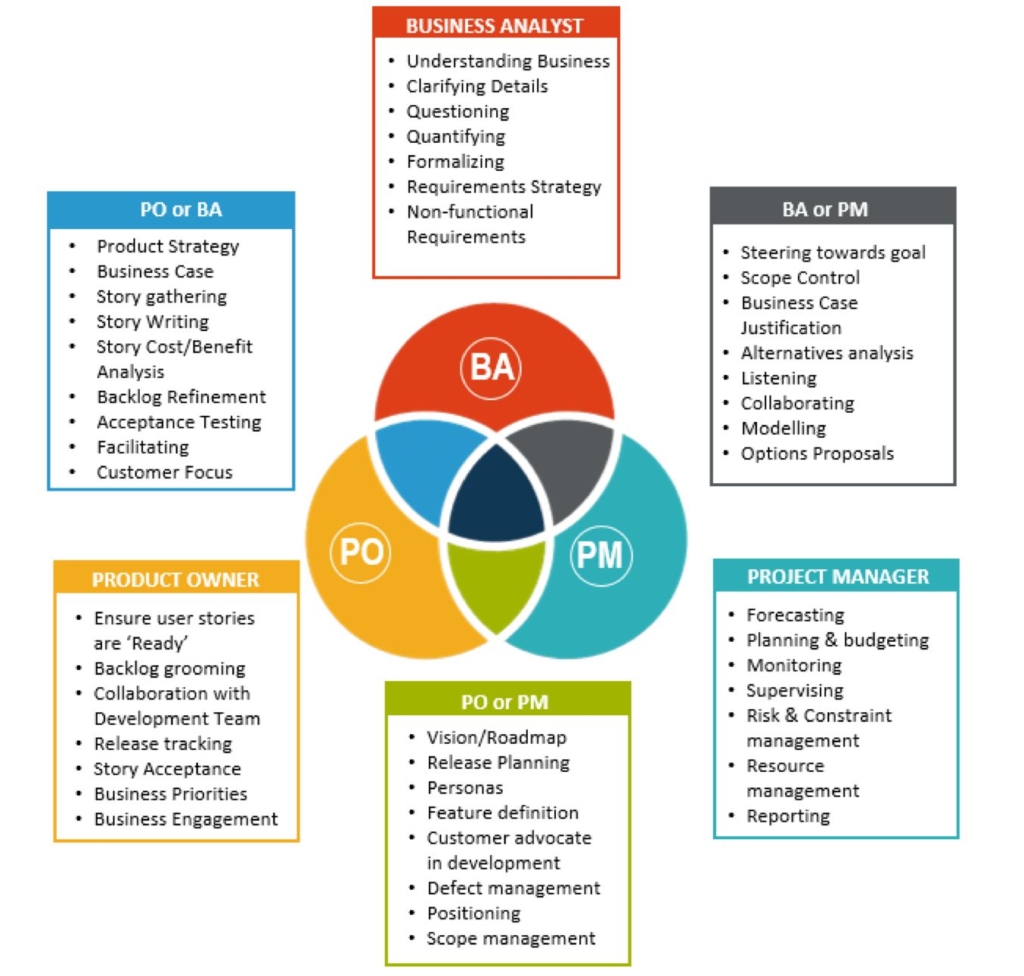
A project manager is responsible for the overall planning, execution, and delivery of a project. They work with a team of people to ensure that the project is completed on time, within budget, and to the required quality standards.
Some specific duties of a project manager might include the following:
- Developing and managing project plans, budgets, and schedules
- Identifying and managing risks and issues that could impact the project
- Coordinating the work of the project team and ensuring that tasks are completed on time
- Communicating with stakeholders, including customers, clients, and team members, to keep them informed of the project’s progress and address any issues or concerns
- Managing budgets and resources, including tracking expenses and ensuring that the project stays within budget
- Monitoring and reporting on the project’s progress to senior management and other stakeholders
- Developing and maintaining relationships with key stakeholders, including customers, clients, and team members
- Providing leadership and motivation to the project team to ensure that the project is completed successfully
To succeed in this role, a project manager should have strong communication and leadership skills, be able to multitask and handle multiple projects simultaneously and be comfortable working with various stakeholders. They should also have a strong understanding of project management methodologies and be proficient in project management software.
A business analyst helps organizations identify and solve problems by analyzing business processes, identifying opportunities for improvement, and developing solutions. They work closely with stakeholders to understand their needs and requirements and use data and analysis to identify and evaluate options for improving business performance.
Some specific duties of a business analyst might include:
- Gathering and analyzing data to understand business processes and identify opportunities for improvement
- Developing and documenting requirements for new systems, processes, or capabilities
- Facilitating meetings and workshops with stakeholders to gather and prioritize requirements
- Developing and documenting business cases to support decision-making
- Analyzing and evaluating options for improving business performance, including cost-benefit analyses
- Working with technical team members to ensure that solutions are technically feasible and meet business needs
- Testing and validating solutions to ensure they meet the agreed-upon requirements
- Supporting the implementation of solutions and tracking their performance to ensure they meet the desired outcomes
To succeed in this role, a business analyst should have strong analytical and problem-solving skills, communicate effectively with technical and non-technical stakeholders, and be proficient in data analysis and modelling tools. They should also have a strong understanding of business processes and be able to translate business needs into technical requirements.
A product owner plays a crucial role in developing a product, particularly in the agile software development methodology. They are responsible for defining the features and functionality of a product, prioritizing the development roadmap, and working with the development team to ensure that the product is delivered on time and meets the needs of the business and its customers.
Some specific duties of a product owner might include:
- Defining the product vision and roadmap and communicating it to the development team and stakeholders
- Prioritizing the product backlog and determining which features and functionality should be developed first
- Collaborating with the development team to clarify and refine user stories and acceptance criteria
- Participating in agile planning and review meetings to provide guidance and direction to the development team
- Accepting or rejecting work completed by the development team
- Ensuring that the product meets the needs of the business and its customers
- Gathering and analyzing feedback from stakeholders to inform the development of the product
- Monitoring and reporting on the progress of the product
To succeed in this role, a product owner should understand the product and its market, prioritize competing demands, make decisions quickly, and communicate effectively with the development team and stakeholders. They should also have a good understanding of agile software development methodologies.
In summary, a project manager is responsible for managing the delivery of a project. At the same time, a business analyst helps organizations identify and solve problems through analysis and solution development. A product owner is responsible for defining and prioritizing the features and functionality of a product.
